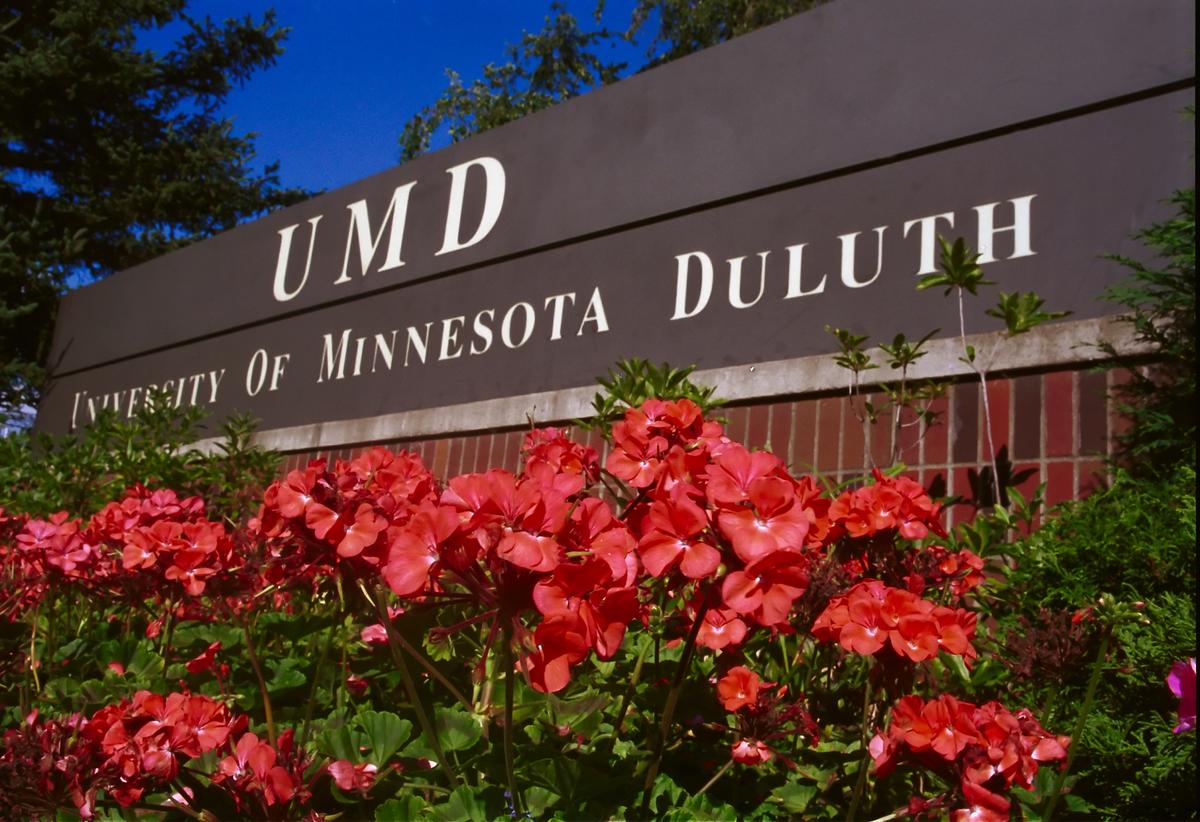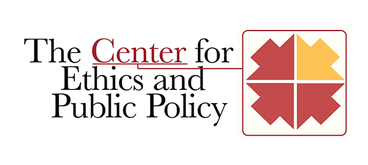On Thursday, December 3 from 7–9 pm, UMD’s Center for Ethics and Public Policy is sponsoring a panel discussion on the legal and ethical concerns associated with growing economic inequality. The event will take place at UMD’s Chemistry Building (Room #200).
The panel discussion will focus upon the moral and political issues associated with growing economic inequality. In particular, the panel will be investigating the following questions: (1) Is economic inequality growing; (2) Does the presence of economic inequality constitute an injustice; (3) Could extreme economic inequality undermine individual liberty; (4) Is economic inequality beneficial; (5) Would a truly free market lessen or increase economic inequality? This event is free and open to the public.
Panelists include:
1. Joshua Preiss, associate professor and director of the Philosophy, Politics, & Economics (PPE) Program at Minnesota State University, Mankato. His current research is in moral and political philosophy and the philosophy of economics, in particular, theories of equality, justice and personal responsibility, ethics and economics, freedom (including normative conceptions of free exchange), institutional approaches to diversity, and the philosophy of race, class, and gender. Preiss has presented at such institutions as the University of Chicago, Oxford University, the University of Minnesota, Roskilde University (Denmark), the University of Edinburgh, the University of Lisbon, Queens University Belfast, Utrecht University (Netherlands), Jesuit University in Krakow (Poland), Fatih University (Turkey), and the Winter Institute for Economics and Public Affairs. His work has appeared in such journals as Public Affairs Quarterly, Ethics, Business Ethics Quarterly, Social Theory and Practice, Res Publica, the European Journal of Philosophy, and the Critical Review of International Social and Political Philosophy.
2. Steven Horwitz, Charles A. Dana Professor of Economics at St. Lawrence University. An affiliated senior scholar at the Mercatus Center in Arlington, Va., and a senior fellow of the Fraser Institute in Vancouver, B.C. He is the author of two books, Microfoundations and Macroeconomics: An Austrian Perspective (Routledge, 2000) and Monetary Evolution, Free Banking, and Economic Order (Westview, 1992), and he has written extensively on Austrian economics, Hayekian political economy, monetary theory and history, and macroeconomics. In addition to several dozen articles in numerous professional journals, he has also done nationally recognized public policy work on the role of the private sector during Hurricane Katrina. The author of numerous op-eds, he is also a frequent guest on TV and radio programs, and has a series of popular YouTube videos for the Learn Liberty series from the Institute for Humane Studies. He also blogs at “Coordination Problem” and “Bleeding Heart Libertarians.” He was awarded the Hayek Prize in 2010 by the Fund for the Study of Spontaneous Order for his work on the economics of the family among other contributions. A member of the Mont Pelerin Society, Horwitz has spoken to professional, student, policymaker, and general audiences throughout North America, as well as in Europe, Asia, and South America. His current research is on the economics and social theory of the family, and he has a forthcoming book on the Hayek, the family, and classical liberalism, due out from Palgrave-Macmillan in 2015.
3. Nikolai G. Wenzel, professor of economics at Flagler College. He is a former foreign service officer with the US State Department; he worked at the US Embassy in Mexico City, where he was vice consul and special assistant to the US ambassador. He later worked for various Washington, D.C.-area think tanks, including the Atlas Economic Research Foundation, the Mercatus Center, and the Institute for Humane Studies, while completing his doctoral coursework, and a dissertation on Argentina's failed constitution and economy. Wenzel's research focuses on constitutional political economy and the institutions that promote human liberty and flourishing, with an emphasis on the role of ideology and culture, the history of ideas, and the work of Austrian economist F.A. Hayek. His work has been published in a dozen journals, including the Review of Austrian Economics, the Journal of Private Enterprise, and the Oxford Handbook of the Sociology of Religion. He is a member of the Mont Pelerin Society, sits on the Executive Committee of the Association of Private Enterprise Education, and teaches for the Institute for Humane Studies and the Foundation for Economic Education.
4. Robert H. Frank, Henrietta Johnson Louis Professor of Management and professor of Economics at Cornell's Johnson Graduate School of Management and the co-director of the Paduano Seminar in business ethics at NYU’s Stern School of Business. His “Economic View” column appears monthly in The New York Times. He is a distinguished senior fellow at Demos. He received his B.S. in mathematics from Georgia Tech, then taught math and science for two years as a Peace Corps Volunteer in rural Nepal. He holds an M.A. in statistics and a Ph.D. in economics, both from the University of California at Berkeley. His papers have appeared in the American Economic Review, Econometrica, Journal of Political Economy, and other leading professional journals. His books, which include Choosing the Right Pond, Passions Within Reason, Microeconomics and Behavior, Principles of Economics (with Ben Bernanke), Luxury Fever, What Price the Moral High Ground?, Falling Behind, The Economic Naturalist, The Darwin Economy, and Success and Luck, have been translated into 22 languages. The Winner-Take-All Society, co-authored with Philip Cook, received a Critic's Choice Award, was named a Notable Book of the Year by The New York Times, and was included in Business Week's list of the ten best books of 1995. He is a co-recipient of the 2004 Leontief Prize for Advancing the Frontiers of Economic Thought. He was awarded the Johnson School’s Stephen Russell Distinguished teaching award in 2004, 2010, and 2012, and its Apple Distinguished Teaching Award in 2005.
Funding for this project was provided by the Institute for Humane Studies through a generous grant from the John Templeton Foundation.
Learn more about this event and The Center for Ethics and Public Policy.

